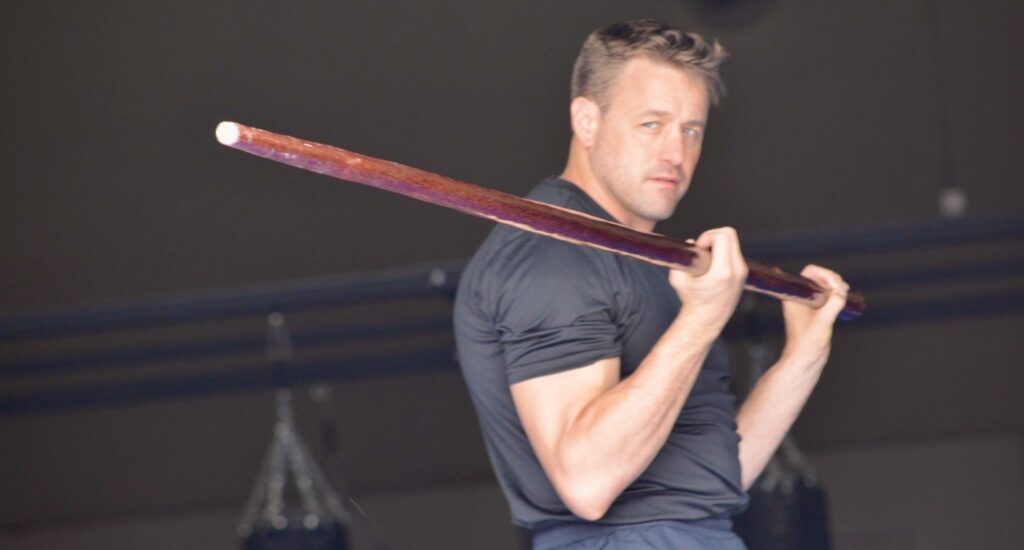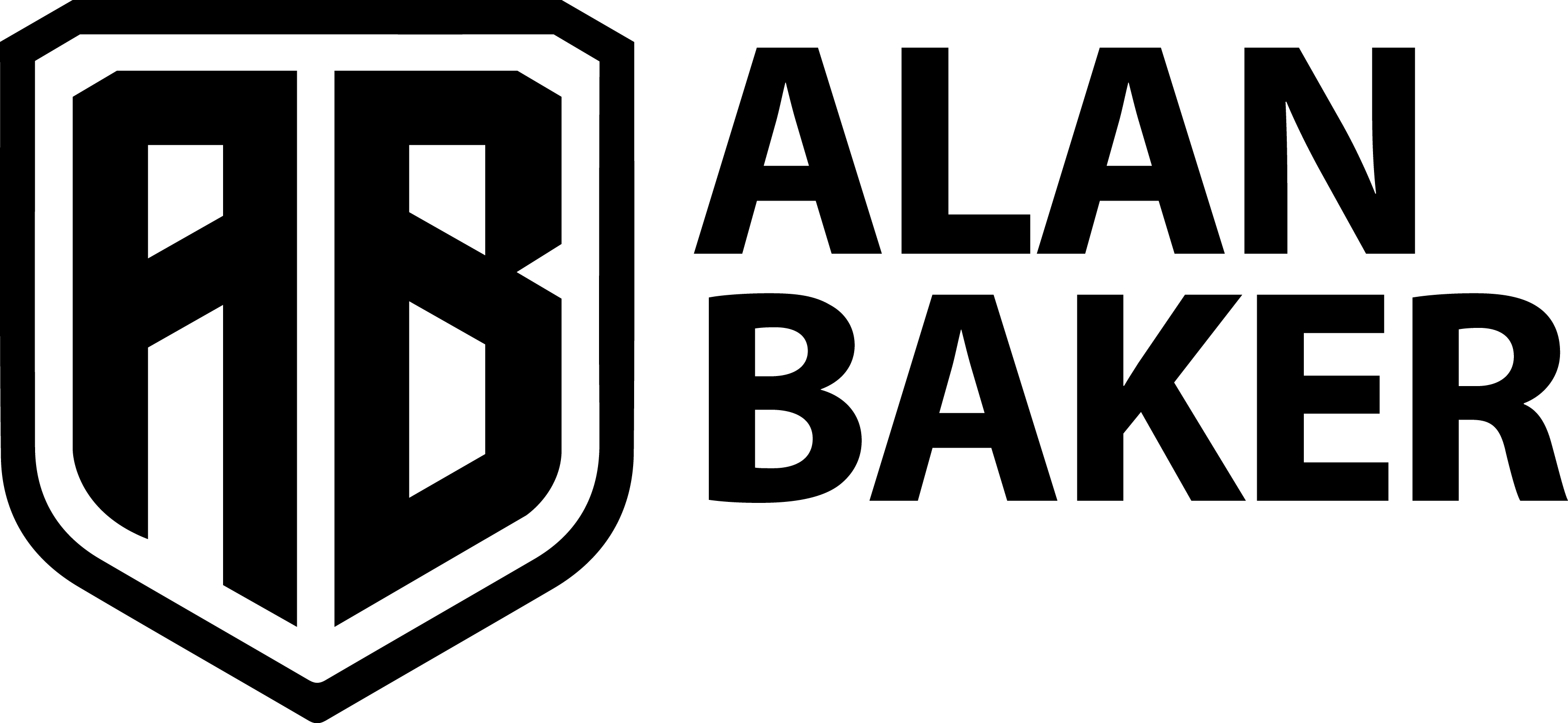
In the world of “combat arts., the physical prowess of the practitioner often takes center stage. However, beneath these combat techniques lies a vast resource of ethical and philosophical teachings. Central to this is the concept of a “Warrior’s Code” — a moral compass that guides the martial artist in combat and all aspects of life.
In pursuing personal development and ethical living, I have come to rely on a threefold foundation comprising a Warrior’s Code, a Gentleman’s Code, and a Code of Ethics. This multifaceted approach guides my actions and shapes my belief system, providing a comprehensive framework for navigating the complexities of modern life.
Central to my philosophy is the Warrior’s Code. In the combat arts, the warrior concept transcends the mere act of fighting. It encapsulates the ability to use force judiciously, channeling the potential for violence towards protective and noble ends. This Code is crucial, especially for a fighter, as it delineates the fine line between a protector and a criminal.
The Warrior’s Code is about mastering the art of violence and simultaneously binding oneself to a strict ethical guideline. It is about understanding that true strength lies not in aggression but in the controlled and purposeful use of force. This Code teaches that every punch, kick, or defensive maneuver is responsible for upholding justice, defending the weak, and maintaining peace.
I observe a troubling trend where the pursuit of traditional masculinity and the development of strength are often undervalued in society. In my view, there is a pressing need for more individuals who embody the warrior spirit — those ready to rise to the occasion amidst chaos and take a stand when it’s most needed. I aspire to inspire others, especially men, to embark on this path of strength and resilience. I aim to assist those who inherently possess these qualities to realize and embrace their true potential.
Understanding the Warrior’s Code
The Warrior’s Code is a set of principles governing the use of violence and personal conduct. Historically, this Code has been the backbone of many warrior cultures, from Japan’s Samurai to medieval European knights. It dictates when and how to use force and embeds a sense of responsibility and ethical conduct in its adherents. Drawing inspiration from historical warrior cultures, the modern martial artist can craft a personalized Warrior’s Code. By studying the samurai’s Bushido, the chivalry of medieval knights, or the Spartan’s discipline, one can extract timeless principles like honor, courage, and self-control, adapting them to contemporary contexts.
In the process of developing a personal Warrior’s Code, it is profoundly beneficial to delve into the diverse array of historical examples that cross various cultures and periods. Each warrior tradition’s distinct ethical frameworks and combat philosophies offer rich lessons in honor, discipline, and valor. This approach was imparted to me during my teenage years by my instructors. They guided me through this exploratory journey to help me discern the path I would eventually embrace.
Samurai and Bushido: The Code of Honor and Loyalty
The Samurai of Japan followed Bushido, a code that emphasized honor, discipline, and loyalty. This Code was not merely about combat skills but a way of life that dictated how a Samurai conducted himself in every aspect of life, valuing honor above life itself.
European Knights and Chivalry: Bravery and Courtesy
In medieval Europe, knights adhered to a code of chivalry, which emphasized bravery, courtesy, and honor. This Code extended beyond the battlefield, encompassing a knight’s conduct in courtly life, stressing the importance of gallantry and service to others.
US Marines: Courage and Commitment
The US Marines follow a Code emphasizing courage, commitment, and honor. This Code guides Marines in combat and peacetime, instilling values such as integrity, loyalty, and self-sacrifice. The ethos “Semper Fidelis” (Always Faithful) reflects their dedication to their duty and each other.
Other US Armed Forces: Dedication and Service
Similarly, other branches of the US Armed Forces have their distinct codes. For example, the Army’s values include loyalty, duty, respect, selfless service, honor, integrity, and personal courage. These values create a moral framework guiding soldiers in their conduct as warriors and members of a republic.
Law Enforcement Professionals: Justice and Integrity
The codes of law enforcement professionals also provide a compelling study. These codes often emphasize justice, integrity, and community service. Law enforcement officers are sworn to protect and serve, upholding the law while maintaining ethical conduct.
Self-Reflection and Personalization
Crafting a personal code goes beyond historical research; it demands introspection. Martial artists must reflect on their values, strengths, and aspirations. What principles resonate with you deeply? Are you more inclined towards the discipline and loyalty of the Samurai, or do you value the bravery and courtesy of the knights? The goal is not to replicate these codes but to create a unique set of guidelines aligning with your values and lifestyle.
Practical Steps to Develop Your Code
- Research and Study: Begin by studying various warrior codes. Books, documentaries, and even martial arts instructors can be valuable resources.
- Reflection and Analysis: Reflect on the principles and virtues of these codes. Which aspects do you admire? Which do you disagree with?
- Drafting Your Code: Start writing down the principles that resonate with you. Your Code should be clear and concise, typically encompassing core values like honor, integrity, courage, and respect.
- Discussion and Feedback: Discuss your draft with instructors or fellow mentors. Constructive feedback can help refine your Code.
- Living the Code: Implement your Code in your daily life and training. It should guide your actions, decisions, and approach to the combat sciences.
Conclusion
Developing a personal warrior’s Code is more than an academic exercise; it’s a journey of self-discovery and ethical growth. It shapes how a martial artist uses their skills and how they navigate life’s challenges. By crafting and adhering to a personal code, martial artists bridge the gap between physical discipline and ethical living, embodying the true spirit of a warrior in both action and character.

Alan Baker is celebrated for his exceptional skill in creating customized Defensive Tactics Programs and his prowess in high-performance coaching. Tailoring his expertise to meet the needs of law enforcement agencies, military groups, and security companies, Alan crafts training curriculums that are grounded in practical techniques, adaptability to real-life scenarios, and intensive, situation-specific exercises. His training methodologies are meticulously designed to elevate the operational effectiveness and situational preparedness of individuals in high-stakes environments. Learn more about Alan’s distinctive programs here.
Beyond his tactical acumen, Alan is also a foremost “mindset” coach, adept at tapping into the untapped potential within individuals. He is particularly attuned to the current societal trend that often overlooks traditional masculinity and the cultivation of strength. Addressing this, Alan champions the development of a warrior spirit — the readiness to confront chaos and take decisive action when necessary. He passionately mentors professionals, entrepreneurs, and individuals on their personal development journeys, focusing on fostering a mindset dedicated to excellence. His coaching is anchored in pragmatic strategies that fortify mental resilience, enhance focus, and stimulate drive. Engaging with Alan sets you on a transformative journey where mental obstacles are overcome, innate strengths are recognized and honed, and your objectives become distinctly attainable. His insights are key in boosting performance and developing a mindset geared for victorious accomplishments.
For a deeper exploration of Alan’s mindset philosophy and his approach to empowering especially men to embrace their strength and resilience, delve into his insightful collection of books. If you’re ready to accelerate your personal and professional growth under Alan’s expert guidance, connect through his official website.

